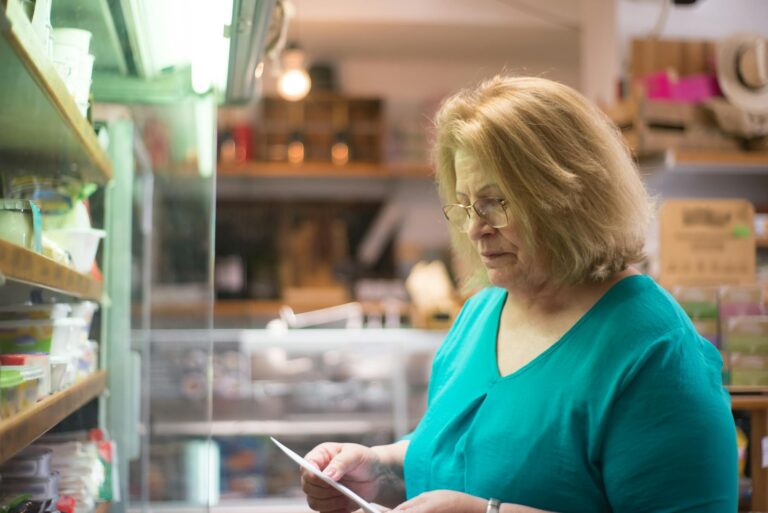Alzheimer’s disease is a progressive brain disorder that affects a person’s memory, cognition, and behavior. One of the challenges faced by people with Alzheimer’s is performing daily tasks like standing up from a chair. This seemingly simple task can become difficult and frustrating for someone with Alzheimer’s due to the changes in their physical and cognitive abilities. As a caregiver or family member, it is important to understand how to assist a person with Alzheimer’s in standing up from a chair safely and comfortably.
Here are some tips on how to help a person with Alzheimer’s stand up from a chair:
1. Encourage Independence
It is important to promote the person’s independence as much as possible. Before you assist them, encourage them to try to stand up on their own. If they are able to do so safely, this will boost their confidence and maintain their sense of control over their own body.
2. Ensure Proper Positioning
Before attempting to stand up, make sure the person is sitting back in the chair with their feet flat on the ground. Their hips should be slightly higher than their knees, and their back should be supported by the backrest of the chair. This will make it easier for them to push themselves up from the chair.
3. Use Clear Verbal Cues
People with Alzheimer’s may have difficulty understanding complex instructions, so it is important to use simple and clear verbal cues when assisting them to stand up. Use short phrases or one-step commands, such as “stand up” or “push up from your chair.”
4. Provide Physical Support
Stand behind the person and place your hands under their armpits or around their waist. This will provide them with the necessary physical support and help them maintain their balance as they stand up. Avoid pulling on their arms or shoulders, as this can cause discomfort or injury.
5. Utilize Furniture or Adaptive Equipment
If the person has difficulty standing up from a low chair, consider using furniture or adaptive equipment to assist them. For example, placing a footstool or using a lift chair can make it easier for them to push themselves up.
6. Use the “Rock and Rise” Technique
This technique involves gently rocking the person back and forth while they are sitting on the chair. This movement will help them gain momentum and make it easier for them to stand up. Once they are in a semi-standing position, use your hands to help them fully rise.
7. Avoid Rushing
Rushing the person with Alzheimer’s can cause confusion and increase the risk of falls. Be patient and allow them to take their time. It may take a few attempts before they are able to stand up, so it is important to remain calm and supportive.
8. Offer Praise and Reassurance
Be sure to offer praise and reassurance throughout the process. Let the person know that they are doing a great job and that you are there to support them. This will help boost their confidence and make them feel more comfortable with the task.
9. Be Mindful of Nonverbal Cues
People with Alzheimer’s may not always be able to verbalize their needs, so it is important to pay attention to their nonverbal cues. If they seem uncomfortable or in pain, adjust your approach accordingly.
10. Consider Physical Limitations
As Alzheimer’s progresses, the person’s physical abilities may also decline. It is important to take these limitations into consideration when assisting them to stand up from a chair. If they are unable to stand on their own, consider using a wheelchair or other assistive devices to help with mobility.
Taking care of someone with Alzheimer’s disease can be challenging, but knowing how to assist them with everyday tasks can make a significant difference in their quality of life. By following these tips, you can help a person with Alzheimer’s stand up from a chair safely and with dignity. Remember to be patient, supportive, and always prioritize the person’s comfort and well-being.





